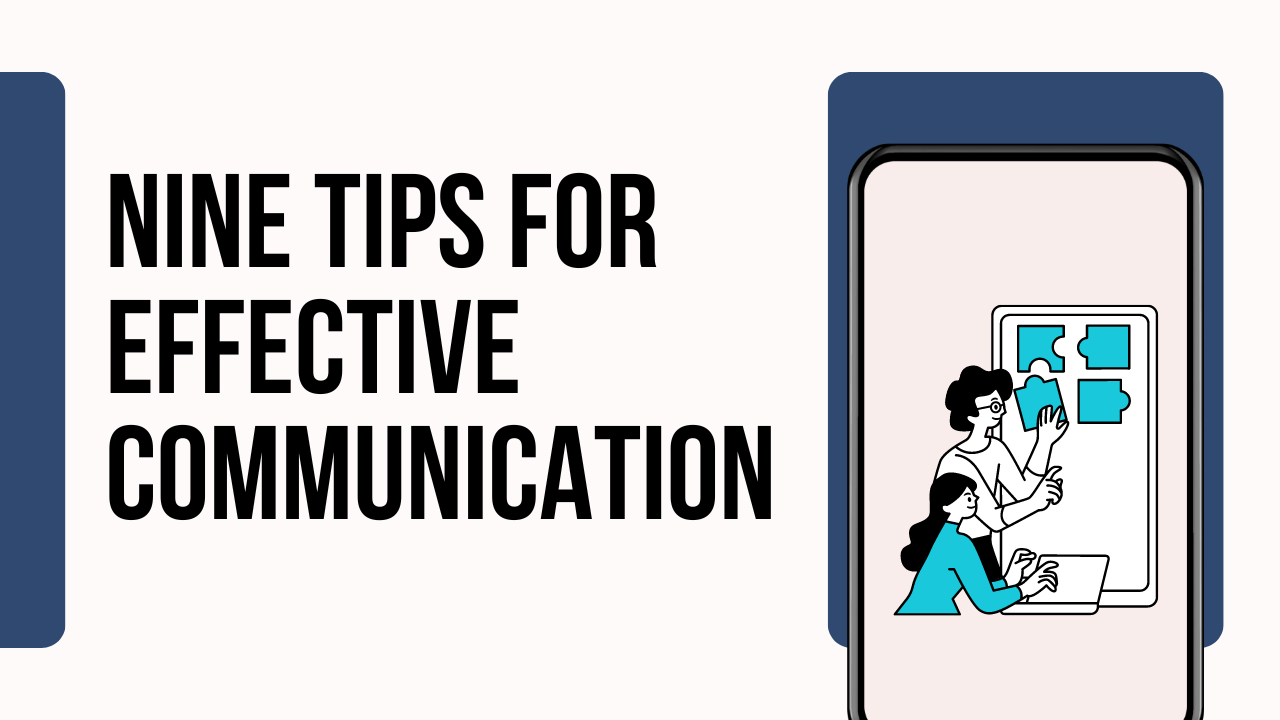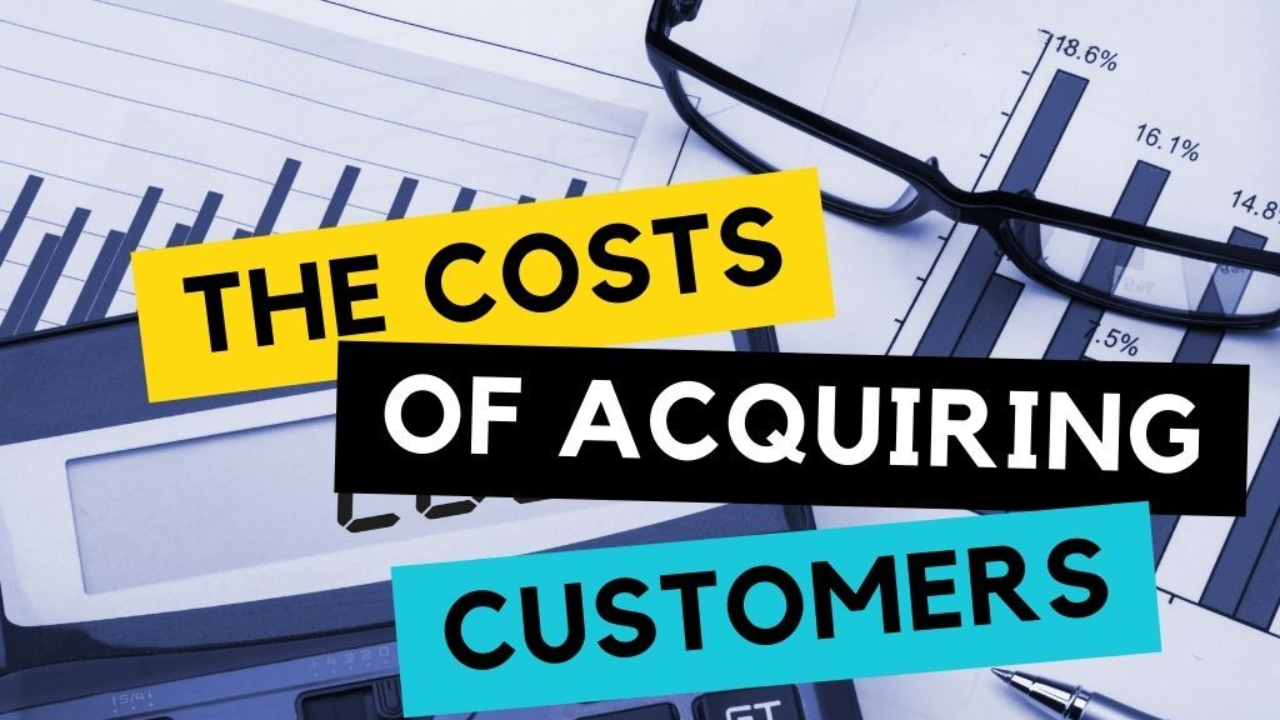Five Reasons You Need SOPs

Standard operating procedures (SOPs) are essential for any business. They’re basically the “user manual” that outlines how processes and tasks should be carried out that (ideally) anyone can understand and implement. They might seem like a formality or a bunch of bureaucratic bung, but they can be incredibly beneficial for small businesses in several ways.
Consistency: When you have clear procedures for how tasks should be carried out, your employees understand your expectations. And even if you’re not on-site or supervising them directly, you can ensure they are working toward the same end goal and providing a consistent level of quality your customers have come to expect.
Productivity: By breaking down complex processes into smaller, more manageable steps, SOPs can make it easier for employees to carry out their tasks quickly and effectively. By streamlining operations, you will see increased productivity, faster turnaround times, and, ultimately, greater profitability for ...
Navigating the Gig Economy

The rise of the gig economy over the last several years has opened up a lot of doors, both for employees who are tired of being tied down to underpaying and unfulfilling 9-5 jobs, as well as the employers who enjoy access to a wide range of talented professionals they can outsource work to.
When done well, the arrangement benefits both parties.
When it’s not - well, that’s a whole other kettle of fish.
Small business owners often face the challenge of needing to get things done but not having the resources or personnel to do so. This is where the gig economy comes in. By tapping into the vast network of freelancers and independent contractors, small business owners can leverage the skills and expertise of professionals from various fields without hiring full-time employees. From graphic designers to web developers to social media experts, you can outsource nearly everything.
But not all freelancers are created equal. And not all of them are going to be a good catch. This is ...
Five Strategies to Scale Your Business

Most small business owners aim to scale operations and increase revenue and profitability. But getting from Point A to Point B…and then to Point C…and then Point to D…and then, well - you get the picture. (There are a lot of letters in the alphabet, and there are a lot of opportunities for a savvy small biz owner to grow.) However, making those jumps can be intimidating and overwhelming. That's why you need a strategic approach and a thorough understanding of the challenges that will be nipping at your heels along the way.
Here are five key strategies you can use to scale your operations.
Develop a growth strategy: You need an action plan outlining how your business intends to grow. Consider all areas that have room for improvement, like marketing, operations, finances, and sales. Then take those areas and create objectives, timelines, and metrics to measure success. Don't treat this like a wishlist or vision board. There's a time and place for those things, but this aint it. Foc...
Adapting Your Small Business to New Technology

Incorporating new technologies into your small business operations can be both a blessing and a curse. In theory, it should make our lives easier. In reality, it feels like the tech gods are playing a game of whack-a-mole with our sanity. It’s sort of like trying to teach an old dog new tricks, except the dog is your entire business, and the trick is just using a new software program. Sounds simple enough, right? Wrong. Just when you think you’ve got it all figured out, you discover a whole new set of features you haven’t even touched yet. And don’t get us started on the never-ending updates and upgrades.
Tough though it may be, adapting to new technology is essential for small businesses to thrive in today’s world. We can’t stubbornly dig our heels in and expect to keep up with the competition.
If you’re feeling the pressure of bringing new tech into your business, but it’s got you feeling overwhelmed, here are four things you can do to get started.
Start with a clear goal: Li...
Why Small Business is Good Business

Small businesses might have the word “small” in their title, but don’t let that fool you; they are the backbone of any economy. They create jobs, provide goods and services, and contribute to a country's GDP growth. The next time you have a choice between supporting a small business or “one of the big guys,” consider these five points.
Job Creation: The numbers don’t lie. According to the SBA (Small Business Administration), 99.7% of companies with paid employees are small businesses. And over the last 25 years, they’ve created 2 out of every three new jobs for a grand total of 12.9 million new net jobs. That is a significant number!
Competition: Small businesses promote healthy competition. Sure, having the market all to oneself seems like every entrepreneur's dream. But the reality is that sometimes we need someone to light a fire under our asses. When small businesses compete with each other, they drive each other to do and be better, reduce prices, and improve quality. From ...
The Highs (and Lows) of Owning a Business

Owning a business can be a fulfilling and exciting experience, but it's not all smooth sailing. Sometimes it's more akin to a trip aboard the Titanic. Or it is being stuck on one of those cruise ships where everybody gets food poisoning. It can be beautiful sunsets and neverending Pina Coladas on the upper deck. It can also be dysentery and an unfortunate starboard encounter with an iceberg. And more often than not, it's a little bit of both.
Still, no risk, no reward, right?
There are plenty of highs and lows when it comes to owning your own business. And even knowing what we know (and what we've seen), we'd throw ourselves onto that ship every single time. But it's a decision everyone has to make for themselves. If you're just starting out or thinking about buying or starting a business of your own, keep in mind some of the high points and the low points you will encounter on the way.
High - Independence and freedom: One of the biggest perks of owning a business is being your...
Determining Your Target Audience for Social Media

Social Media. Love it or hate it, its presence in our personal and professional lives is not going anywhere anytime soon. And for business owners who hope to leverage its power to grow their customer base and reach a larger audience, it can be both rewarding and an absolute nightmare.
The first thing we need to remember is that these platforms are in continuous flux. What worked two months ago may not hold true today. Algorithms change, updates are made, new rules and regulations are created, and restrictions are imposed.
And all of that falls completely outside of our control.
That’s why most marketing experts (and us) recommend not putting all your eggs in the social media basket. However, just like an adult-sized bib at a Lobster House, everything has its benefits; you just need to learn how to use it to your advantage. You can’t throw up a handful of posts and then walk away and expect to see any results. It takes consistency, creativity, a lot of trial and error, and regularl...
Nine Tips for Effective Communication

As business owners, you are responsible for communicating with your employees. That’s just part of the job. And whether you have one person on the payroll or one hundred, you need to know how to effectively communicate your vision and expectations if you want to lead for long-term success.
There have been entire books dedicated to the subject, but we’re going to listen to our own advice and get straight to the point - or, nine points in this case.
- Be clear and concise: Avoid unnecessary details. Utilize bullet points or lists. Provide relevant examples. Throw in a visual aid or two if it helps get your message across. If you leave them with more questions than answers, you didn’t do your job very well.
- Practice active listening: Remember, “Two monologues don’t make a dialogue.” Say what you need to say, but then listen - actually listen - to what they say in response.
- Be aware of your nonverbal communication: Don’t look down at your phone. Don’t check the notifications on your ...
How to Hire the Right Person for the Job

Bringing a new person onto your team is a big decision. Whether you're looking for someone to take some of the load off your shoulders or you're ready to expand and scale your business, having the right people in your corner will make all the difference.
But how do you know you have found the right person? How can you tell the difference between a dud and a stud? (The stud in this example is a competent, intelligent, and hardworking individual who shows up on time and doesn't microwave fish in the breakroom. Unless, of course, you're hiring for an all-male revue, in which case you want an actual stud. But we digress.)
While you can't always tell with 100% accuracy whether your newest hire will be an asset - or just an ass - there are a few things you can do to give you better odds of finding the right person.
Pre-Interview Tasks:
- Define the position: What does the job require? What are the expectations? What will the day-to-day tasks look like? Knowing this information will help...
The Cost of Acquiring Customers

You can’t put a price tag on happiness, love, or peace of mind…but you CAN put it on a customer.
For most businesses, the name of the game is growth. You want more revenue, more contracts, more sales, and so on. The simplest solution is to get your products or services into more hands, right? More customers = more profits.
Yes. And also, no.
A key metric your business should be evaluating on the reg is Customer Acquisition Cost (CAC). This is basically how much money you spend to convince someone to patronize your business. It’s a pretty simple formula: Divide the amount you spend on marketing, sales, advertising, etc., by the number of customers, and that number is your CAC.
Now, compare that number to your revenue. How does it stack up? If your customer acquisition cost is more than the revenue you’re bringing in, your business isn’t going to be in business for very long.
Any competent marketing professional or agency worth their salt should be keeping a close eye on these metr...



